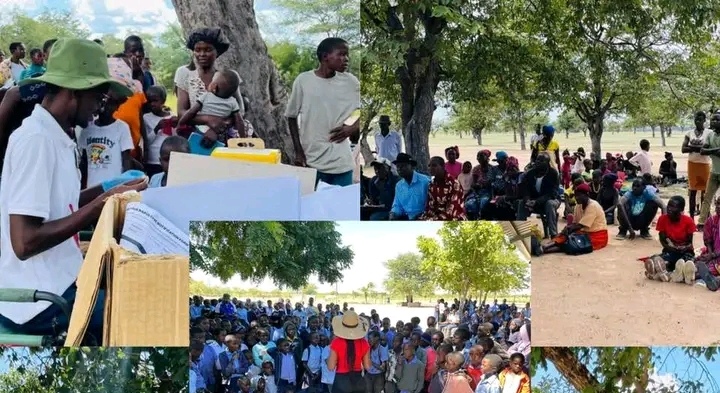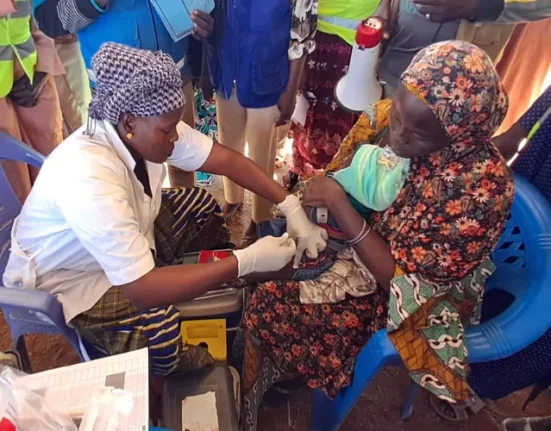Namibia Expands Community-Driven Malaria Response Across Affected Regions. The Ministry of Health and Social Services (MoHSS) has intensified its malaria response efforts across Namibia by strengthening community participation, enhancing health service accessibility, and deepening inter-agency collaboration.
In response to recent malaria outbreaks, MoHSS has adopted a community-centered strategy. In Omahene village, Omusati Region, traditional leaders are leading outreach efforts, mobilizing residents to attend awareness sessions. At Ontoko Combined School and Omakuva Primary School, over 1,000 learners and teachers received malaria education, supported by school principals who are promoting prevention within their institutions.
To ensure rapid access to care, clinics in outbreak-prone regions now operate around the clock, including on weekends and public holidays. The Ministry has also deployed additional medical personnel—including nurses, doctors, pharmacists, and environmental health officers—to high-risk regions such as Zambezi, Kavango, and Omusati.
Health workers have received updated training on case management and Focused Community Interventions (FOCI). In parallel, local radio stations are broadcasting educational messages in local languages to reach rural communities.
Vector control efforts are ongoing, with indoor residual spraying and larviciding continuing in targeted areas. Weekly district and regional review meetings allow real-time identification of challenges and prompt response coordination.
The malaria campaign has received support from key stakeholders, including DAPP, NUST, FLAME, NACDO, and government ministries such as Defence and Home Affairs, all contributing to outreach and logistical operations.
At Nyangana District Hospital in Kavango East, adherence to national malaria treatment guidelines has remained high, and no malaria-related deaths have been reported during the current outbreak. Supervisory visits from the national level have bolstered local capacity.








